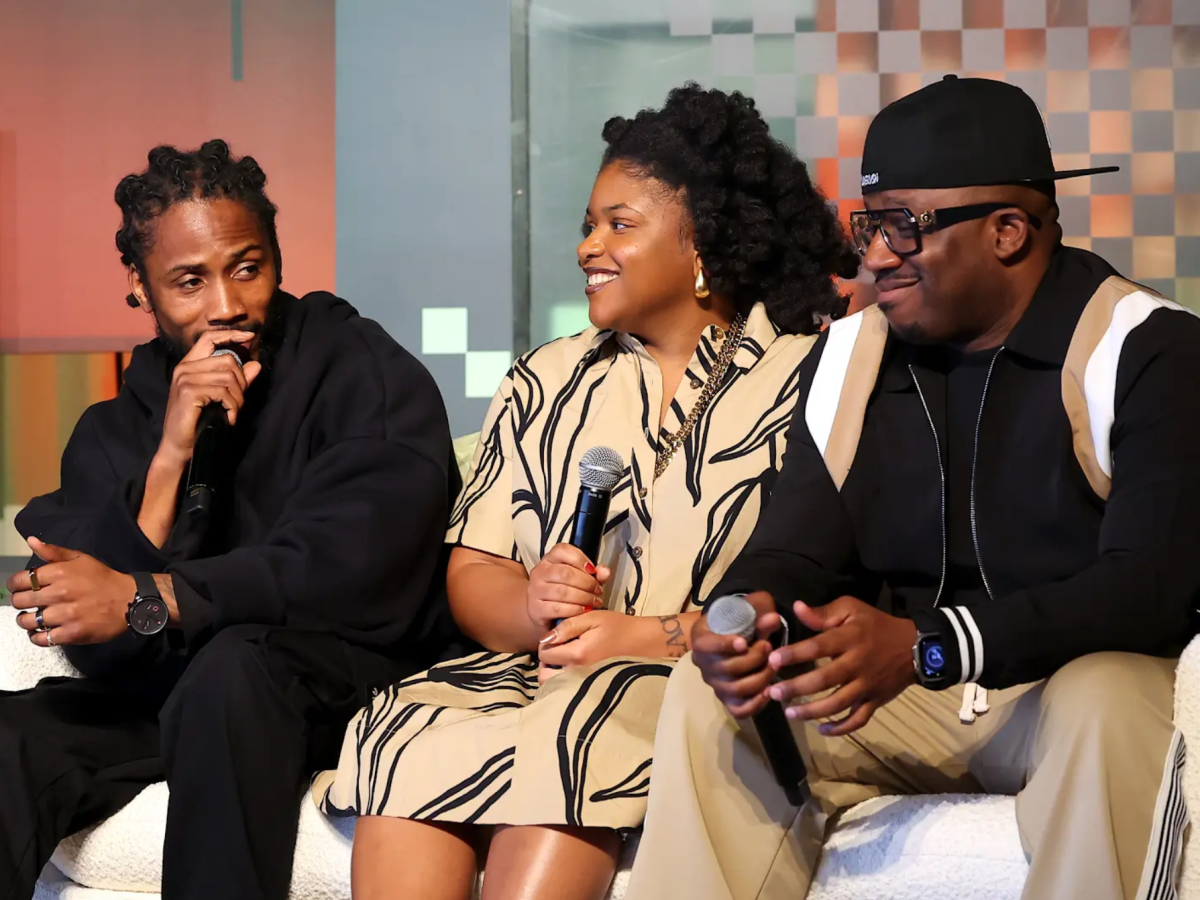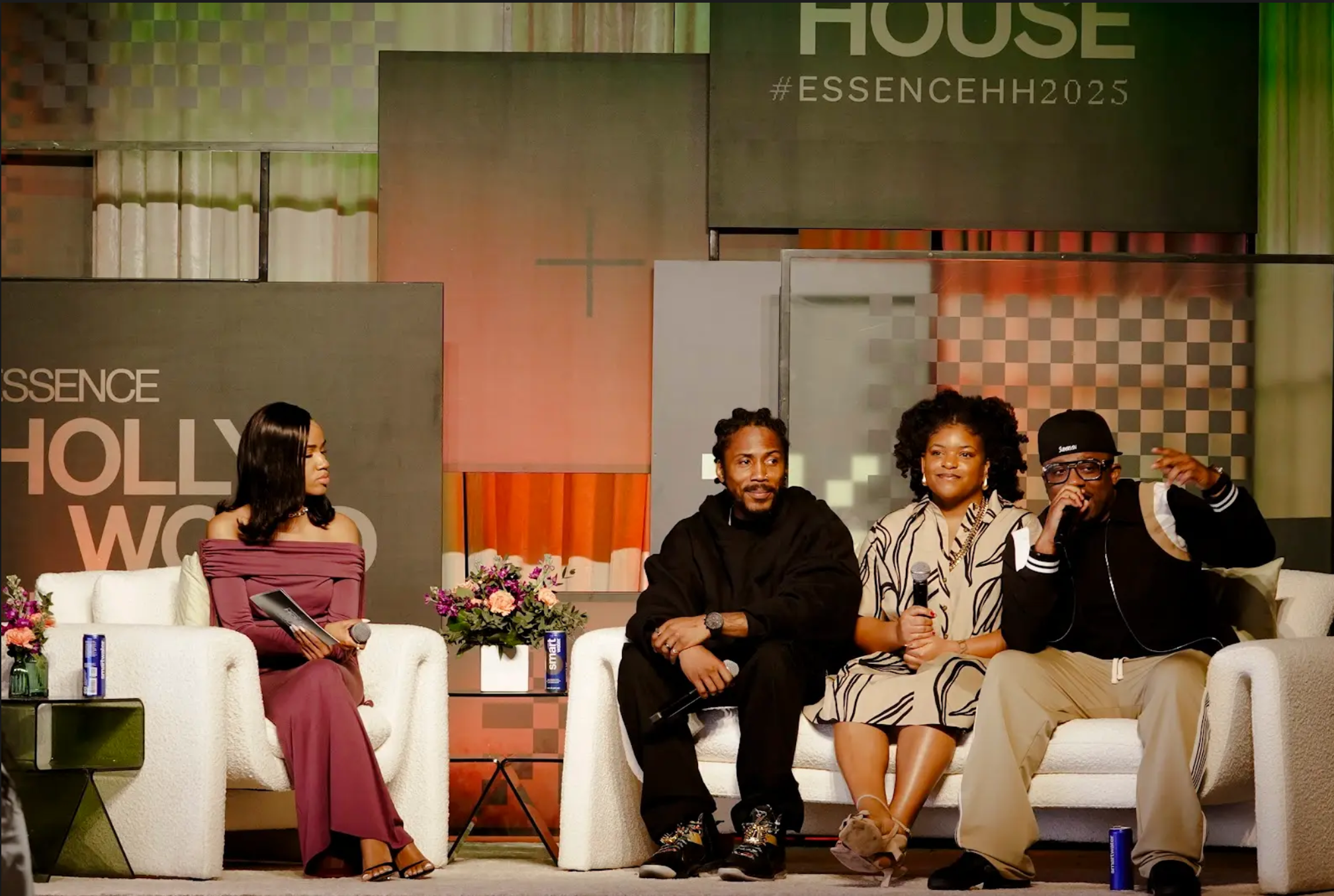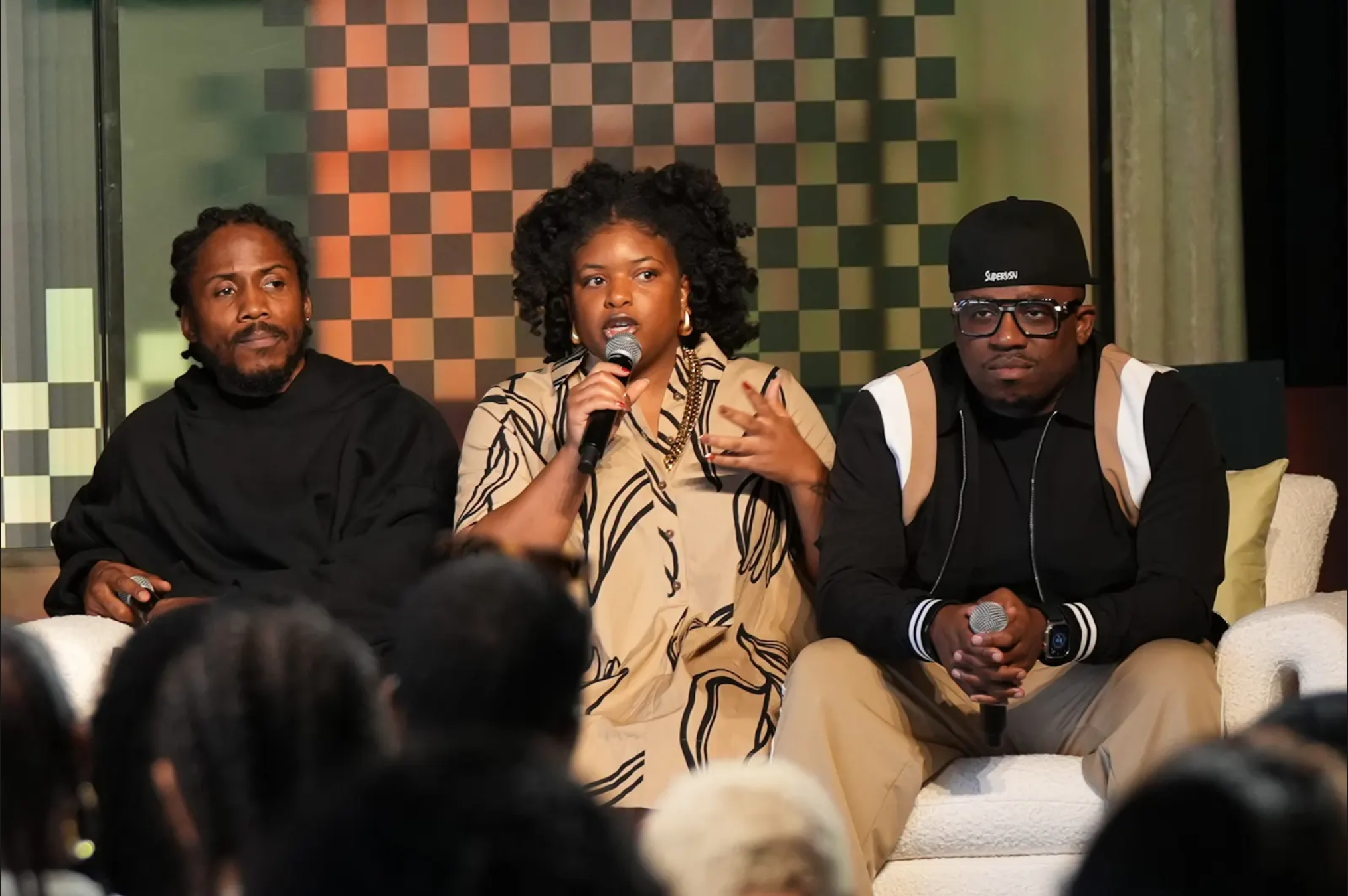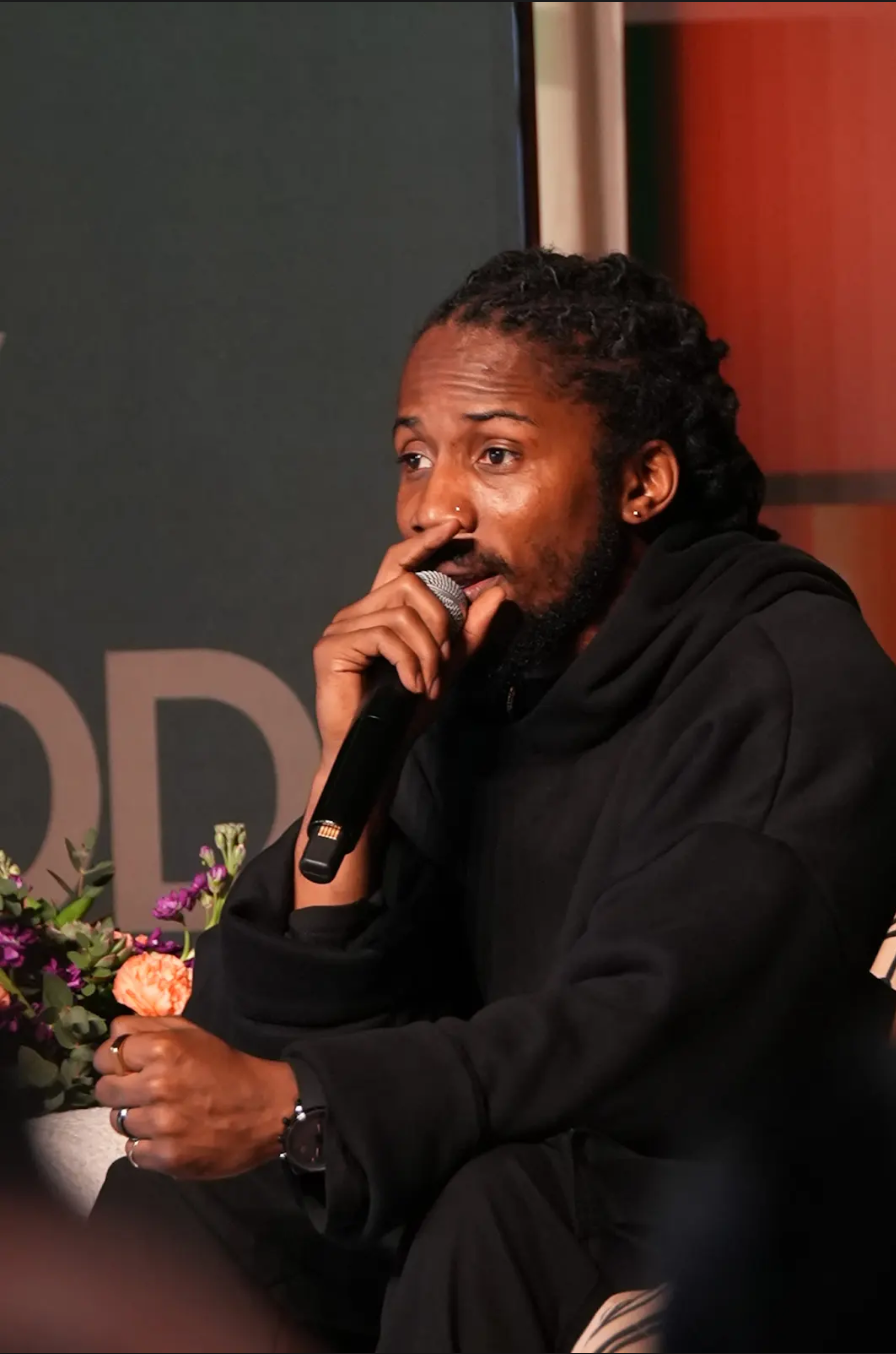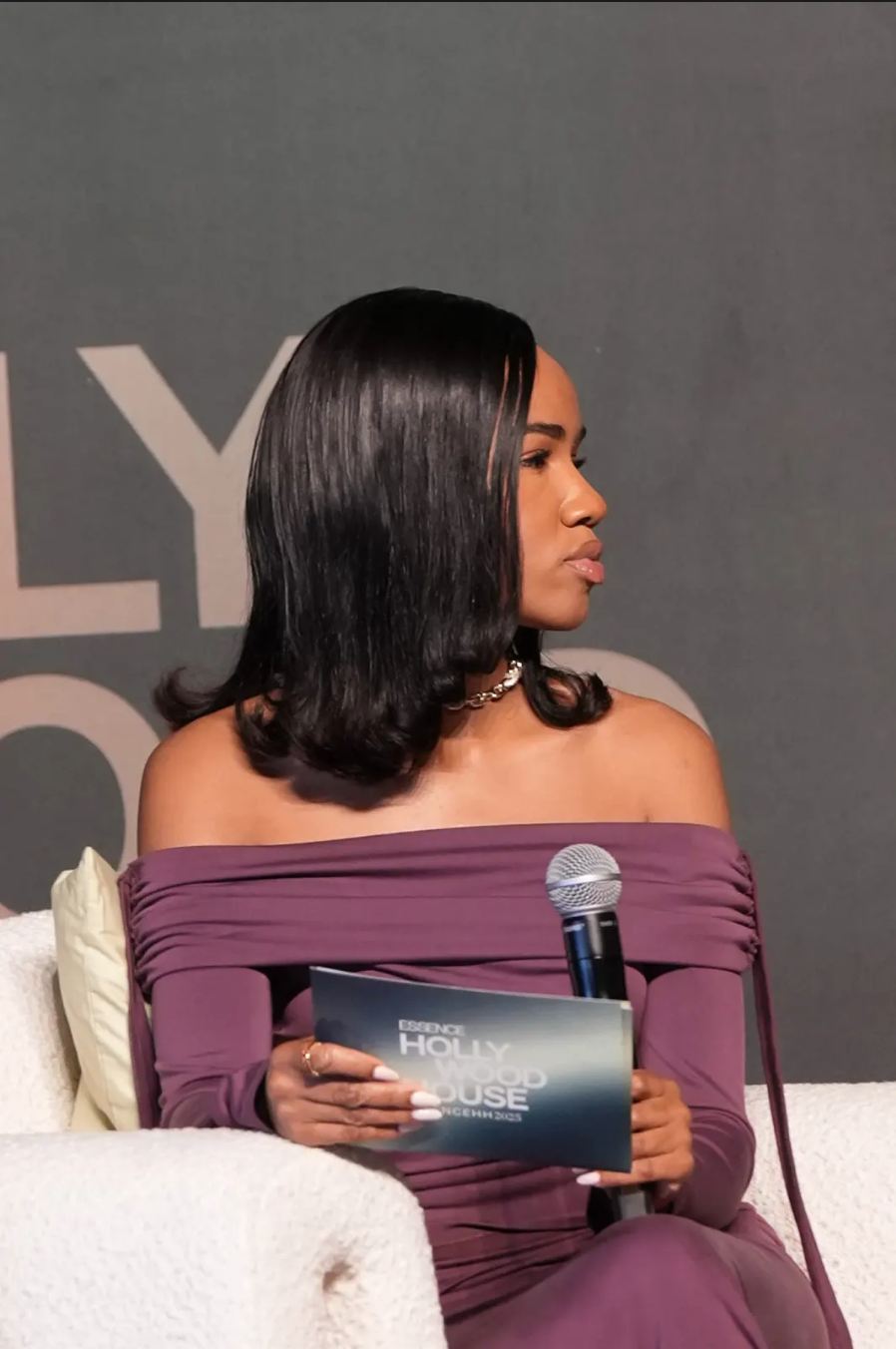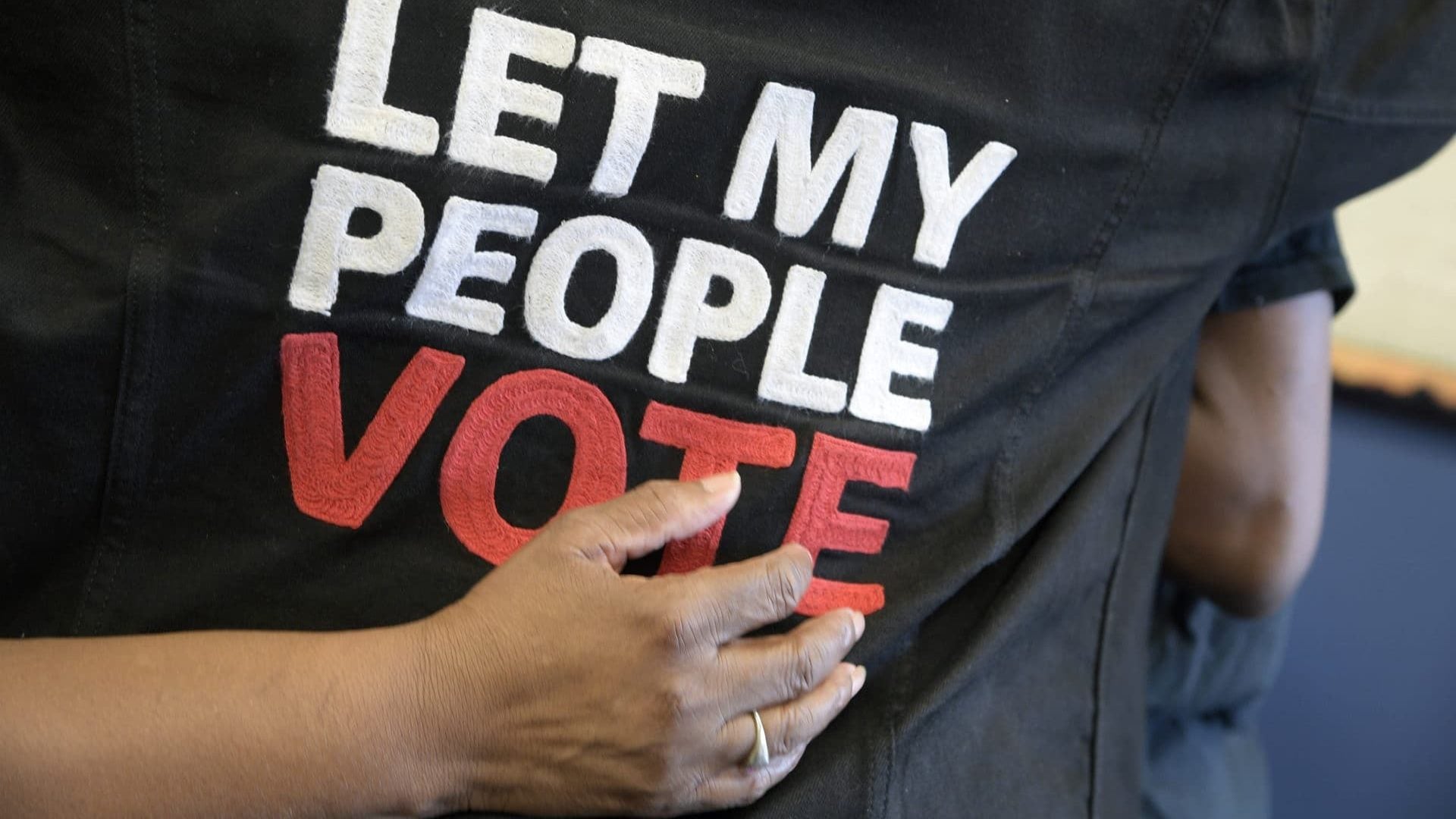
Earlier this month, Congresswoman Marcia Fudge spoke of the ongoing threat to the integrity of American democracy with the candor and seriousness the severity of the situation demands.
“America is great because of her ability to repair her faults,” Fudge explained during a recent hearing she held as part of her duties as chairwoman of a revived House subcommittee on elections. “It is time for us to do what is right by your nation. It is time for us to make you feel as if you are the kind of citizens you always have been because you were here first.”
Fudge delivered the remarks before Native Americans who spoke on routinely having their voting rights in the state of Arizona suppressed. “We should not in any way ever try to make it more difficult for people to vote,” Fudge added. “We should be encouraging people to vote. It is unconscionable to me that somebody would have to drive an hour or 2 or 3 to cast a ballot. It is un-American. It is un-American.”
Of course, the comments made to this country’s original inhabitants also apply to all descendants of this country’s earliest captives.
Fudge, who was being pushed to challenge Nancy Pelosi for the role of House Speaker last fall, held this hearing in her ongoing pursuit to bring wider attention to the rise of voter suppression as a direct result of the U.S. Supreme Court overturning parts of the Voting Rights Act. Fudge’s latest hearing follows similar ones held or scheduled to be held in states such as Texas, Georgia, Florida, North Carolina, North Dakota, and her home state of Ohio. It is an issue.
After all, it was only days before this hearing that The Intercept’s David Daley reported that the late Thomas Hofeller, a gerrymandering henchman for the GOP, cast a much wider net than previously believed with respect to drawing up maps that limited the impact of Black voters to the benefit to the Republican Party. He didn’t just hit at Black and other non-white voters in North Carolina, Texas, Mississippi, and Missouri but also Alabama, Florida, and West Virginia.
And as Daley notes with respect to the latter three states, “it appears Hofeller and other Republican mapmakers experimented with using race as the primary factor in drawing districts in these states — a tactic ruled unconstitutional under the 14th Amendment’s equal protection clause, which requires that people in similar circumstances be treated the same under the law.”
Like New York Times columnist Jamelle Bouie, I, too, felt it “kind of crazy that ‘conservative gerrymandering guru worked with state republican parties across the country to racially gerrymander Democrats out of power’ isn’t a bigger story.”
But none of us are surprised that the same energy applied to stories about interference in our democratic elections rooted in nations like Russia and Ukraine are not applied to any of the aforementioned. I understand how easy it was to be caught up in the rapture of the story centered on Russian interference in the 2016 presidential election to benefit the Donald J. Trump for president campaign. And the fact that Trump managed to escape that scandal without facing any real consequences and proceeding to create an even bigger mess for himself by asking the president of Ukraine to dig up dirt on Joe Biden (or else!) makes it hard to look away.
Still, while I would love for the latest allegation of Trump soiling the American electoral system to result in the end of his presidency and maybe his racist former New York mayor homeboy facing some legal consequences, isn’t it about time that the media speak more actively about the domestic white folks putting the reputation of America’s elections in the shredder rather than just the foreign white folks?
Even without illegal foreign assistance, the Republican Party cheats its way to power. They usually do this by way of denying nonwhite people the right to vote in competitive states. I’ve long wondered if the emphasis on Russian interference for many in the mainstream media was at least partially rooted in not allowing white Americans another excuse to avoid having to acknowledge that reality, and more generally, how much racism plays a role in our political system. That and how racist the electorate is as evidenced by our racist president and the tens of millions of votes he garnered.
Just this week, a judge in Kentucky had to issue an emergency injunction to restore the rights of more than 130,000 people who were kicked off the voter rolls. Meanwhile, in Mississippi, there is a viable Democratic gubernatorial candidate whose campaign may fall short solely due to a Jim Crow-era provision that stipulates in order to win the governor’s race in that state, a candidate must win both a majority of the popular vote and win a majority of the state’s 122 state house districts. Should no candidate clear each hurdle, the statehouse will choose among the two performing candidates. When the law was formed, it was known at the time to have one design in mind: to “eliminate the n****r from politics.” And then there is what recently happened in Jonesboro County, Georgia. City officials unveiled plans to move the city’s sole polling site from a museum to the Jonesboro Police Dept. Naturally, the Jonesboro Police Department has a long history of tensions with the Black community as evidenced by the 2018 resignation of its police chief, Franklin Allen, over allegations of mistreatment.
According to CNN, the federal government has sent a warning to state election officials that it suspects Russia may focus on voter suppression as a means to interfere in the 2020 presidential election. I would like to think that news would inspire more focus on a longstanding problem. I won’t hold my breath, though.
In a recent interview with Yahoo News, former Georgia gubernatorial candidate Stacey Abrams discussed her challenges to elevate the issue of voter suppression in the national political conversation. “It’s incredibly incumbent upon me and anyone else who wants to solve the problem to win over skeptics,” Abrams said in an interview on “The Long Game,” a Yahoo News podcast. “The existence of skeptics is one of the reasons that voter suppression continues.”
Some of that skepticism, Abrams noted, is rooted in the imagery associated with the Civil Rights Movement rather than conceiving the issue as it is now: “Current-day voter suppression is much more insidious, in part because it looks like user error.” And that difficulty to recognize the larger scope of voter suppression is “because we don’t talk about it.”
“But I think the more we talk about it, the more you find converts,” Abrams said.
Abrams’s decision to spend the 2020 election bringing greater attention to voter suppression was panned by some online. They wanted her to run for Senate, which I wouldn’t wish on anyone in this climate, but nevertheless, Abrams was wise to hold out for an executive role more fitting to the vision she has for her career in politics. I would rather Stacey Abrams use her platform to bring greater awareness to an issue not taken seriously enough rather than wasting time seeking a Senate seat she doesn’t want.
The work Abrams and Marcia Fudge are doing cannot be undervalued. Each is trying to get this country to live up to its ideals. What a pity more of our institutions – namely those who routinely book some pundit to sanctimoniously blabber about how Trump and his racist dingbat underlings are corrupting American democracy – don’t help their efforts by giving Jim Crow Jr. as much attention as Rudy Guiliani.






